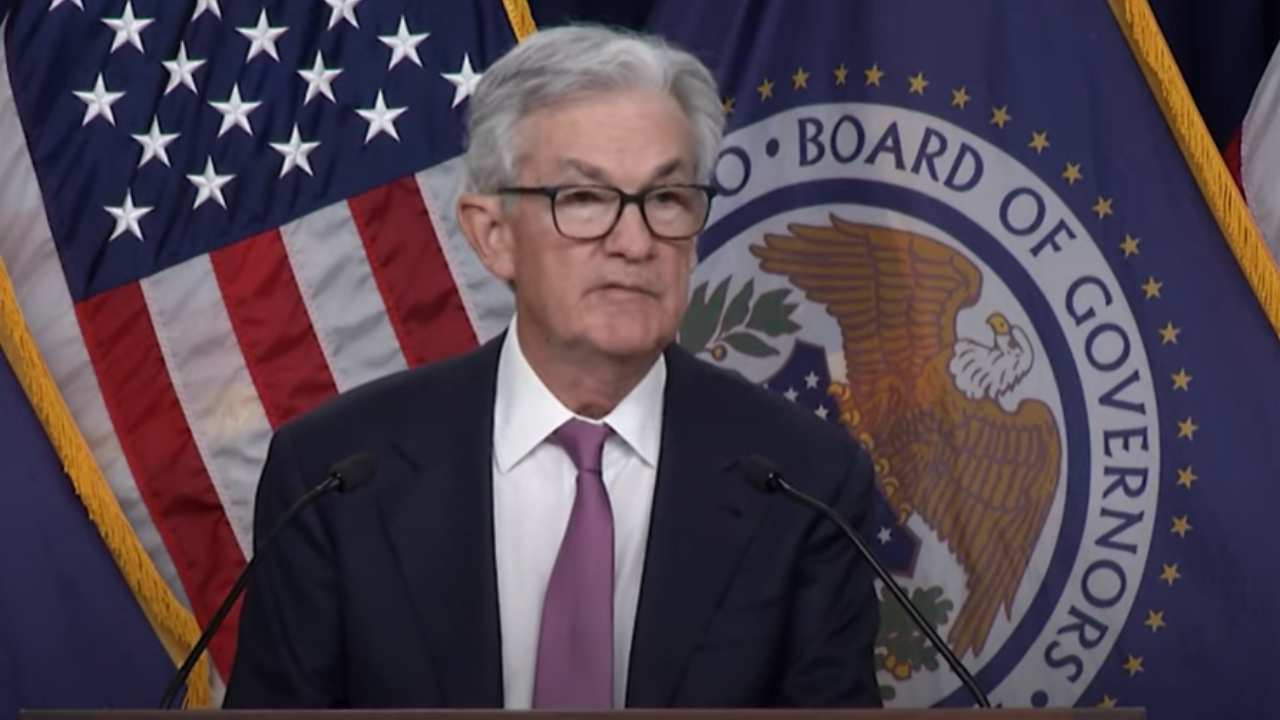The next two-day meeting of the Federal Open Market Committee (FOMC) will take place on June 14–15, 2023. The gathering is significant for a number of reasons.
First, there is a growing consensus that the FOMC won’t raise interest rates at this meeting. The following justifies the assertion that the FOMC won’t hike interest rates at its meeting in June.
- There is a slowdown in the economy. In the first quarter of 2023, the US economy expanded at an annual pace of 1.5% less than the 6.9% it experienced in the fourth quarter of 2022. The Federal Reserve’s tightening of monetary policy, which has increased the cost of company borrowing money and investing, is a contributing factor in this downturn.
- Inflation is beginning to decline. In May 2022, the Consumer Price Index (CPI) increased by 8.6%, which was less than the 8.3% increase in April. This shows that the tightening of monetary policy by the Federal Reserve is beginning to affect inflation.
- The Federal Reserve is indicating that it might halt rate increases. Jerome Powell, the chairman of the Federal Reserve, has stated recently in speeches that the Fed is “not on a pre-set course” and that it will “be nimble” in how it approaches monetary policy. This means that if the economy continues to weaken or if inflation declines faster than anticipated, the Fed may be willing to pause raising interest rates.
It is still conceivable, of course, that the FOMC will increase interest rates by 0.25% in June. The likelihood of this occurring, though, appears to be dwindling.
Second, an update on the FOMC’s plans for quantitative tightening (QT) is anticipated. The process of QT involves shrinking the Fed’s balance sheet. In order to fund QT, the Fed now uses $95 billion in Treasury securities and $45 billion in mortgage-backed securities per month. QT started in June 2022. The FOMC is anticipated to declare that it would sustain QT for the upcoming few months at a rate of $95 billion per month.
Third, the FOMC is anticipated to announce its revised economic forecasts. The Fed’s expectations for the economy and inflation will be revealed by these projections. This year, the Fed is anticipated to increase its projection for inflation while decreasing its forecast for economic growth.
Investors and economists will be paying careful attention to the FOMC meeting. The market will be on the lookout for any hints regarding the Fed’s future monetary policy plans. The decisions made by the FOMC will significantly affect the economy, stock market, and interest rates.
The following information regarding the upcoming FOMC meeting is provided:
- The FOMC will release its statement at 2:00 pm ET on Wednesday, June 15.
- The meeting will start on Tuesday, June 14 at 9:00 am ET and end at 2:00 pm ET on Wednesday.
- The FOMC will hold a press conference on June 15 at 2:30 PM ET.
On the website of the Federal Reserve, the FOMC meeting will be aired live. The press conference and statement will both be accessible online.
The stock market may benefit if the FOMC chooses against raising interest rates at its June meeting. This is due to the fact that a lack of rate increases would indicate that the Fed is less worried about inflation and is willing to accept a slower rate of economic development. This can make investors more upbeat about the future and might encourage them to buy more equities.
The following are some explanations for why the stock market would respond favorably to the FOMC not hiking interest rates:
- Reduced borrowing expenses. In the absence of rate increases, consumers and businesses would be required to pay lower interest rates on loans, which would free up more money for investing or spending. Increased economic activity and higher company profits may result from this.
- An uptick in investor sentiment. A lack of rate increases would indicate that the Fed is less concerned about inflation than it was in the past, which may boost investor confidence and encourage further stock purchases.
- Increases in stock valuations. Stocks typically cost more when interest rates are low because investors are ready to pay more for them. This is so that businesses may borrow money and invest more affordably, which may result in increased earnings and higher stock values.
Overall, it’s unclear how the FOMC’s decision not to raise interest rates will affect the stock market. This situation could have both advantages and disadvantages. Before making any judgments about their investments, investors should thoroughly weigh all of the prospective factors.





